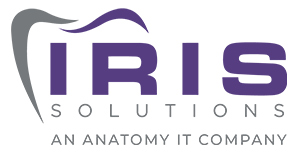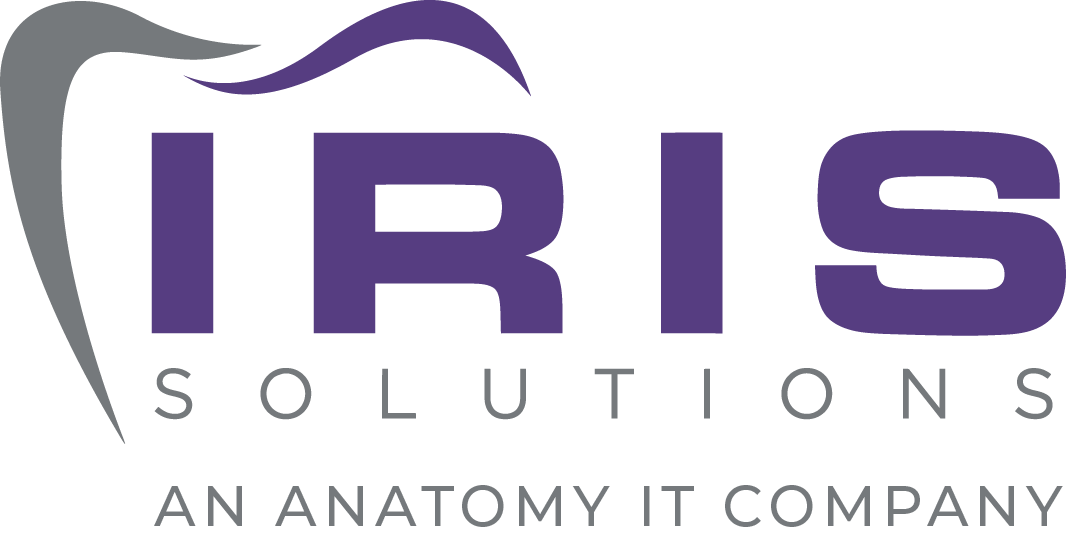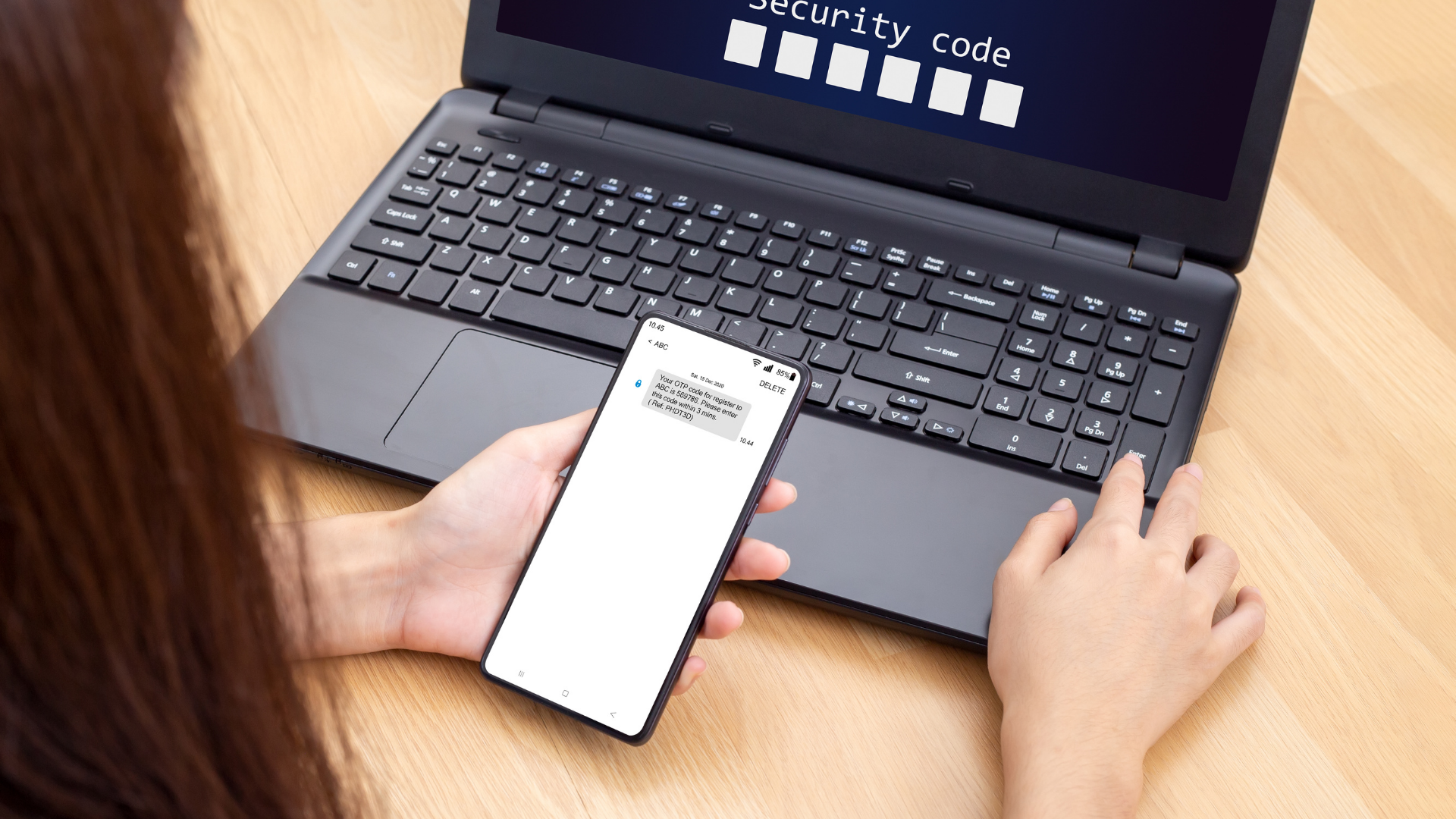Why Bother With MFA?
In the event of data breach, MFA can be your strongest line of defense.
What is Multi-Factor Authentication (MFA)?
MFA is an authentication method in which users are required to provide more than one form of verification credentials to gain access to an application, website, or information. MFA often takes the form of a password plus an additional, independent credential such as a PIN, a personal security questions, or a one-time passcode sent via text.
Why use MFA?
Can you imagine using only your debit card to withdraw money from an ATM? If your debit card fell into the wrong hands, all the bank accounts tied to that one card would be at risk! The same is true for your passwords, especially if you’re one of the 54% of consumers using five or fewer passwords for all their accounts. To make matter worse, cybercriminals have more than 15 billion stolen credentials at their disposal. If your credentials are selected and you do not have MFA established, your accounts and records are available for the taking. Having MFA in place adds an additional layer of security, making it harder, if not nearly impossible, for cybercriminals to access your information. For example, if you are sent a one-time passcode each time you log in to your email account, the hacker would need both your credentials AND your phone to successfully log in. Odds are, you would notice if your phone went missing. It’s a lot harder to steal a cell phone than a password!
Key Benefits of MFA:
- a) Stronger Security – Risk reduction is a major focus for organizations, particularly those in the dental and medical space under HIPAA regulation. With cyberattacks at an all-time and over 80% of breaches caused by stolen or weak passwords, multi-factor authentication is no longer an option, it’s a necessity.
- b) Adaptive to Workplace Changes – Remote work is here to stay and will continue to change over the coming years. With this, comes the challenge of managing increasingly more complex device networks over increasingly more diverse geographic locations. Adaptive MFA solutions can evaluate and address varied levels of risk based on geographic location. For example, if someone logs onto a device within the office, that space is qualified as ‘secure’, and the user may not be prompted to enter an additional form of verification. Contrastingly, if the same user logs onto their device at the coffee shop down the street, that additional form of verification now becomes mandatory as they are in an unsecure, or untrusted, space.
- c) Improved User Experience – Password management is a pain. Users have many passwords to keep track of related to not only work-related individual and shared accounts but also personal accounts. How many of us are guilty of using the same password for both a personal and work related account? Implementing MFA can simplify password management and add an added layer of distance between personal accounts and work accounts.
We are happy to help set up MFA for your office, just give us a call or send us a message at success@irissol.com.


